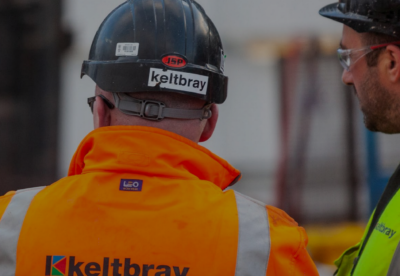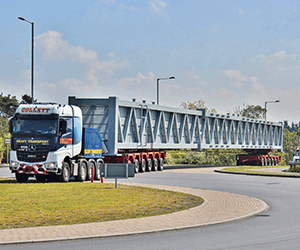The contracting and highways products firm revealed an operating loss of £0.4m last year, down from £3.7m profit in the previous year.
Revenue was up 13% to £272m due to increased workload within Intelligent Systems, airfields and the A-one+ joint venture.
Overall Colas UK booked a pre-tax profit of £7m delivered from the sale of stakes in two joint ventures.
This included offloading its 50% stake in its Southwest Highways joint venture to Vinci-owned Eurovia and its 50% stake in Newhaven Roadstone.
Order book levels slipped back to £242m at year-end due to the Colas, Volker Highways and Aecom JV quitting the London Highways Alliances Contract and contracts in the A-one JV having less than one year to completion.
Chief executive Carl Fergusson, who took over last summer, said Colas had laid the foundations for an ambitious turnaround plan to almost double in size on the back of the UK road investment programme and major international projects.
He said that this would help to offset completion of large profit generating contracts for the firm.
Colas UK operates four business units: products, contracting, asset management and the recently formed strategic projects joint venture with Ireland’s SIAC Construction.
Fergusson said: “Colas is at the beginning of a business turnaround programme, which seeks to restore profitability across all business units.
“Looking forward, our strategy is to almost double the size of Colas UK by 2022, seeking new markets and customers to offset the eventual completion of some of our long term profit generating contracts.”
He added: “We will consolidate our traditional activities and invest for the eventual upturn in the maintenance market, but at the same time align the structure and capability of the company to capitalise on the forecast growth in UK Government investment in large scale projects.
“Our plan is work will Colas Projects and SIAC Construction on major projects, and to structure around a regional business model with self-delivery capability, that will allow us to capitalise on the political devolution of power which is also driving a shift to local growth investment.”











.gif)












































